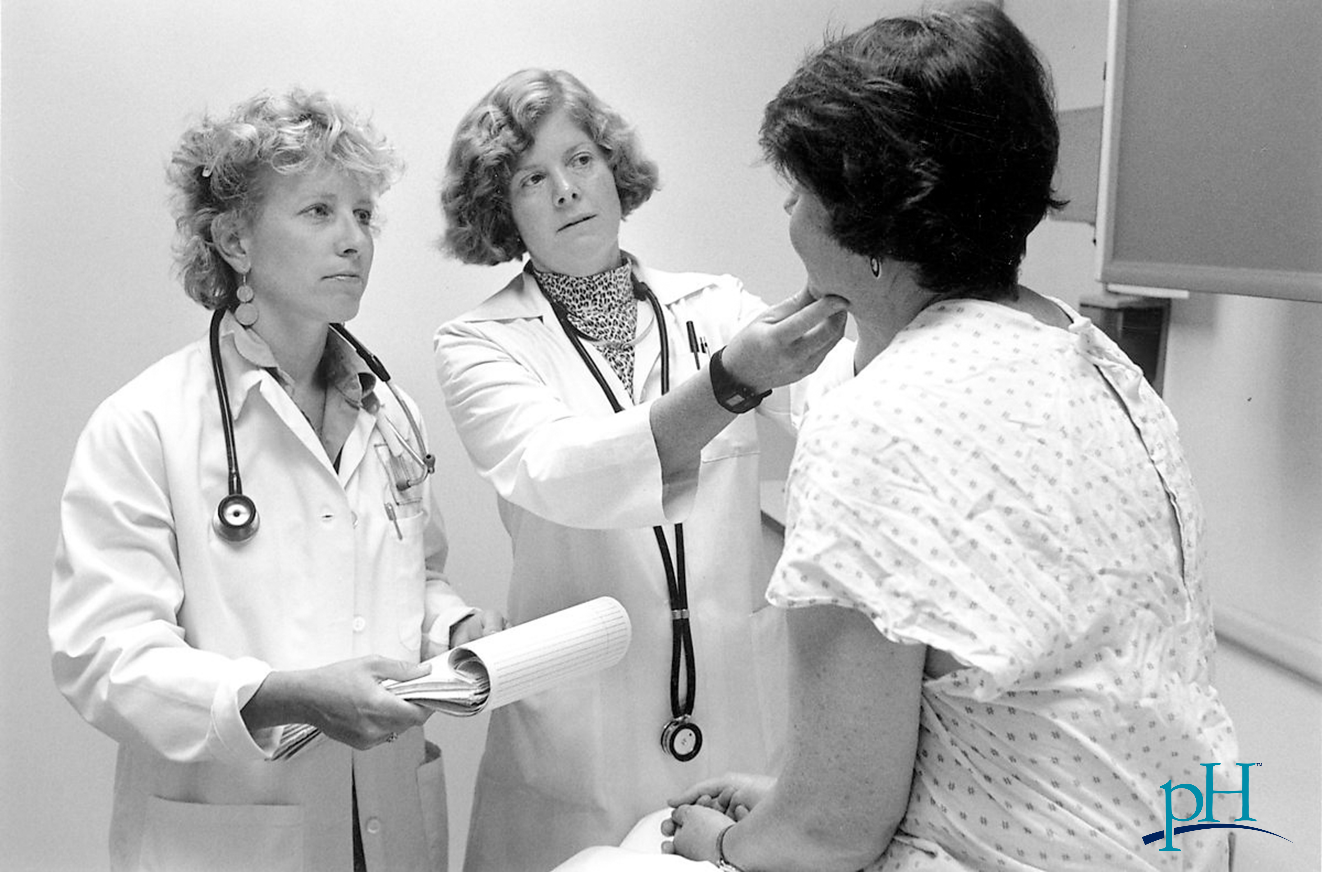Stay ahead of the curve when it comes to your health
11 years ago | Proactive Health
Photo credit: Seattle Municipal Archives, Flickr, used with permission under Creative Commons license.
By pH health care professionals
Before penicillin, there was bloodletting. Before asthma inhalers, there were potent morphine syrups for coughing children. Well-meaning doctors have always followed the most current medical guidelines and knowledge available to them. But sadly, their practices have not always stood the test of time. Being a patient, it seems, has always been a risky business.
No one in our field wants to admit that information we spend so much time learning, memorizing and teaching to patients might be misleading or, at worst, wrong. “Evidence-based medicine,” the favorite term of medical school deans, purports to avoid the mistakes of the past by using research study results to influence decisions. This is, of course, a good thing. But research studies are based on large populations and result in very conservative recommendations. The errors we may be making now are not as blatant, but more so subtle misses.
An important example is the curious pattern of lab results interpretation. Medical professionals are so conditioned to look for the boldfaced abnormal results that they roll right past the warning signs of a potential problem — the blood count on the low end of normal, the potassium level that crept up dangerously when the patient started a new blood pressure medication.
To be honest, medical training and employment reward speed, not thoughtful analysis, and the boldfaced abnormal lab values have proven a handy tool for the rushed MD. Order a few basic tests, skim over the report — if nothing is bold, all is good.
Urgent care doctors and ER doctors work this way. Their job is not to tease out the subtleties of your borderline liver function. But in preventive care, there is a major opportunity to discover potential problems before they go boldfaced. Slowly rising enzyme tests can indicate a liver problem. A “high normal” thyroid function test can easily become a “high” test if it is not monitored and addressed.
Sometimes, patients have to ask for tests that could make or break the next 10 years of their lives. The U.S. Preventive Services Task Force recommends just one blood test for the “well male” exam: cholesterol. That means, in theory, a primary care doctor could never test for anemia, kidney problems, or blood in the urine, and still be perfectly appropriate in terms of guidelines. Is that good enough?
In today’s busy, sleep-deprived world, thousands of patients don’t realize they have a medical problem when things start to feel different. What do these tired, constipated or achy patients do? They blame themselves for not being more “Type A.” They drink energy drinks. They buy anti-inflammatories at the pharmacy.
Being proactive about health means knowing that the next 10 years may see vitamin D and thyroid tests added to the Task Force recommendations for screening tests. Depressed patients might have their probiotic levels tested before the doctor even thinks of prescribing anti-depressants. Magnesium levels may be the first thing checked when patients complain of panic attacks.
At Proactive Health Labs, we strive to have the most advanced tests available to our clients. Accurate measurements of magnesium and potassium, toxic metal levels like mercury and cadmium, and levels of individual vitamins and omega fatty acids are all possible here.
Guidelines change all the time, but sometimes, it’s better not to wait for the tides to change to be more proactive. An informed patient can create the best outlook for himself/herself by reading about new knowledge in medicine and natural health, by living the healthiest lifestyle possible and by proactively detecting problems before they “go bold.”
The pH professional health care team includes recognized experts from a variety of health care and related disciplines, including physicians, attorneys, nutritionists, nurses and certified fitness instructors. This team also includes the members of the pH Medical Advisory Board, which constantly monitors all pH programs, products and services. To learn more about the pH Medical Advisory Board, click here.







